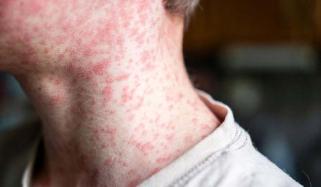
A new study revealed that a low-sugar diet in the first two years of life reduces the risk of chronic diseases in adulthood.
According to News Medical, a study published in the journal Science reveals the lifelong effects of early-life sugar consumption.
It was found that children who are given a sugar-restricted diet in their first 1,000 days after birth have a lower risk of developing chronic diseases after getting older.
Co-author of the study, Paul Gertler, said, “Sugar early in life is the new tobacco, and we should treat it as such by holding food companies accountable to reformulate baby foods with healthier options and regulate the marketing and tax of sugary foods targeted at kids."
The study found that restricted sugar intake at an early age lowers the risk of Type 2 diabetes in adulthood by 35% and hypertension by 20%.
Lower sugar intake by the mother prior to birth was also enough to reduce the risk, but continued restriction after birth increases the health benefits.
Moreover, study co-author Claire Boone stressed, “Parents need information about what works, and this study provides some of the first causal evidence that reducing added sugar early in life is a powerful step towards improving children's health over their lifetimes.”
To note, this study is the first large research on how early-life sugar restriction affects the health and economic outcomes of a person.















